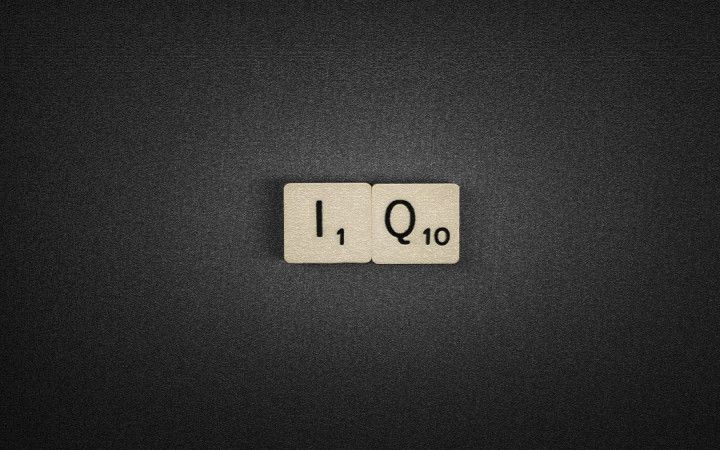IQ tests are not meant to be targeted and we can't teach kids to score high on these tests and then expect them to be accurate. These tests are samples of a child's ability to learn and adapt to different challenges, so exposing a child to the test content beforehand will invalidate the test. It is also best not to offer rewards for an IQ test score; instead, praise your child for his or her effort and efforts.

Image Source
We can't teach kids to score high on IQ test questions and then expect them to be accurate. This model doesn't take into account learning disabilities and the unique characteristics of each child. While it is important to provide a child with the right environment to learn, it is not necessary to encourage parents to request additional testing. It is best to give your child the opportunity to show you the learning capacity of your child and to be recognized in the classroom.
IQ is a measure of one's intelligence. It was created by Alfred Binet in 1905 to gauge a child's mental and chrono-logical age. Children who score higher are considered to be "above average," and those who score lower are considered below average. So, why can't we teach kids to do better on IQ tests?
IQ tests are not accurate at measuring creativity and leadership, nor do they measure musical talent or artistic talent. These tests are largely flawed and do not measure social skills, emotional well-being, physical prowess, or other factors that could influence a child's abilities. We cannot teach our children to score high on IQ test questions and expect accurate results.
It's also important to remember that IQ tests are pictures, not CT scans. The psychologist administering the test will consider a child's family background, educational background, and previous scores in school to arrive at an accurate IQ score. The psychologists who administer these tests will also take into account the child's previous school performance, cultural environment, and other contextual factors.

Image Source
IQ tests are based on several factors. The first is the ability to perform tasks. The second is the level of mental flexibility. The third component is the ability to manage time. The ability to multitask can be determined by the ability to cope with new situations. A student's mental flexibility may be limited. A child may be able to complete a task with ease, but may not be able to do it well.